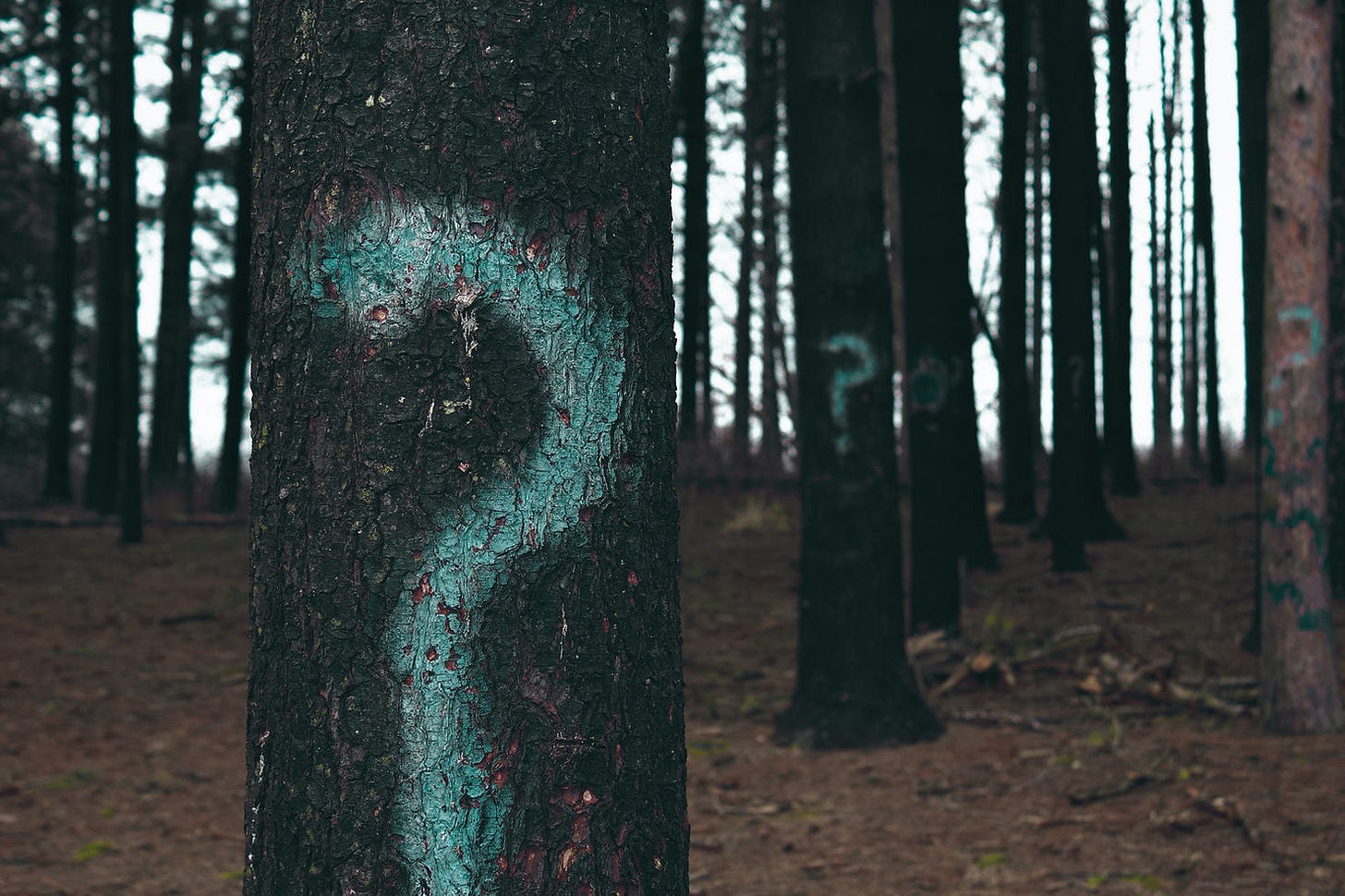My hematologist (until he retires)...
Heading in for my first hematologist visit, about 6 weeks after diagnosis, was a nerve racking experience. Was he going to be the guy for me?
For better or for worse, this guy is going on an intimate and personal journey with me (& my family) for what I hope will be a very long time.
So many questions???
In the days leading up to the appointment I was lost in a land full of questions on just about everything. Me, being me, I systematically downloaded them from my head into a neatly organised word document ... printed... and hole punched them into my new file labeled "CLL"...
I wanted to know why I had been given a specialist appointment so quickly after diagnosis: Did it mean it's bad? Were they just being cautious? Was I lucky or unlucky?
I wanted to know how to interpret my bloods so far: What did he think of my WBC? What was he concerned about? What about my progression from no sign of it 15months before?
What about prognostic testing: Could I get a FISH test? IGHV mutuation? 17p deletion? B2 Microglobin? Were these tests even available in NZ?
And about my age: How many other patients does he work with in my age bracket? What have their journeys looked like? Did any of them live for 30 years?
I wanted to know about getting sick: What are the warnings signs of progression and when should I act? What is the concern about night sweats? Am I at greater risk of infection now? Am I already immune-compromised?
And about treatment: Statistically how soon am I likely to need treatment? What types of treatment do we have in NZ? How much time do they buy? How might I access clinical trials?
I even wanted to know about dying: If I never had treatment - what could I expect the dying process to look like? Infections? Low oxygen? Low iron? Low platelets? Other cancers?
And then the questions I wasn't going to ask: Would I trust him? Would he be empathetic or stoic? Would he dismiss me or connect with me? Would he talk in doctor speak that needs translation or down to earth that I could understand?
Poor guy - I'm not sure he was used to CLL patients rocking through the door armed with a folder full of research and questions! Thankfully he was amazing and totally took me in his stride.
An answer to prayer
Even though he couldn't give me an answer to every question that was swirling around my head, his manner and responses provided the comfort and care I was actually looking for.
The first thing he did was acknowledge that my diagnosis was unusual and I was not one of his regular 70yr+ CLL patients, so our journey together would be very different. This validated everything I was feeling and as we dove into that conversation and its implications, he was both sensitive yet pragmatic, positive but not unrealistic.
After eye-spying my folder, he invited me to share what I knew. He did not get all professional/superior on me with my google research as I bumbled and cried my way through my findings.
Instead, he listened attentively and then gently guided my interpretation of information with his knowledge and experience. The highlight was when he reassured me that the data and research I was using to inform my understanding of prognosis started 30 yrs ago - which meant current overall survival statistics would generally be longer based on new medicines available (yay!)
As we talked about prognosis and treatment, he made no promises (very wise), but kindly proposed it was his intention to be with me until he retired (and given he's roughly my age, that's a decent length of time to walk it out with me). I really appreciated that he recognised the importance of continuity, care and relationship without me even having to ask.
He removed some of the severe limitations I had been imagining would come with CLL. I thought I may never be able to go and work in developing countries again because of the health risks but he said when those opportunities came, he'd work with me to make them possible.
And as we wrapped up, he again validated my feelings - noting that the CLL journey was in some ways different from other cancers and, because of it's longevity, could be quite emotionally and psychologically challenging.
Letting go of the need to know
As we drove away, I felt relief. I could trust this man to care for me and my family. I could trust him to make good decisions for my future health. I knew I would feel safe having conversations with him as the journey takes its twists and turns.
When I had entered the cancer clinic, I wanted to leave with bookings for monthly blood tests so we could start getting detailed data on my progression. By the time I left, I was comfortable with his recommendation of 3 monthly tests to save the emotional turmoil of more regular check-ups and I was able to let go of my need to know. And with that, all those other questions I'd been wrestling with also let go of their grip on me. I was ready to watch and wait.
Courage, Love and Legacy
I feel more than blessed that the first specialist I met with about CLL presented the perfect blend of personal and professional, astute and consideration, emotionally sensitive and clinically qualified. I have experienced other medical professionals who are not like that at all, so am aware of just how fortunate I am. I've highlighted the qualities my hematologist demonstrated that made me feel safe and cared for, so that hopefully you too can identify what you need out of your medical team and those responsible for supporting you on your journey.
What are some of the characteristics you look for/appreciate in your specialist? - feel free to comment below...





